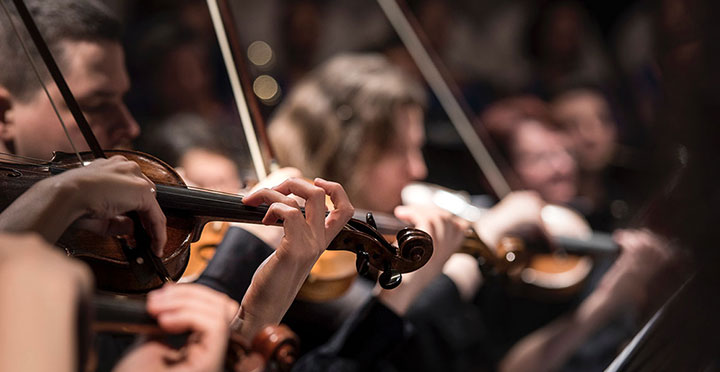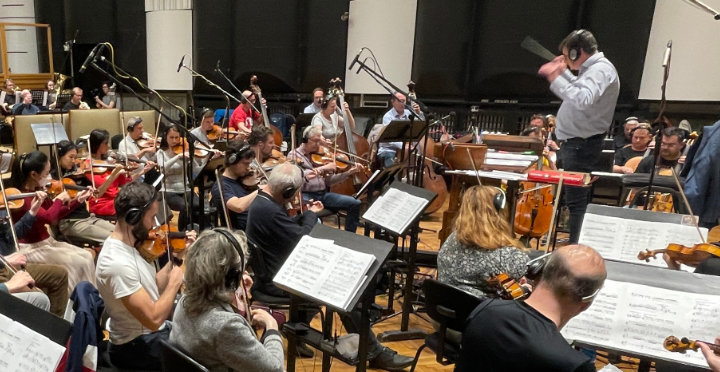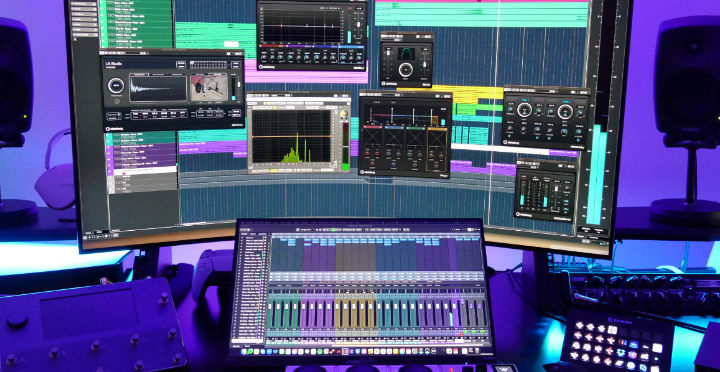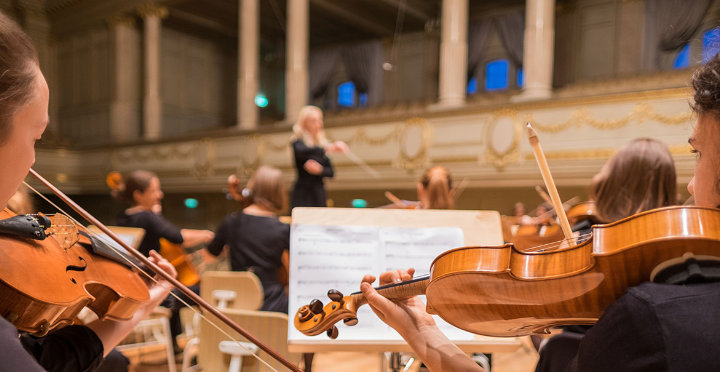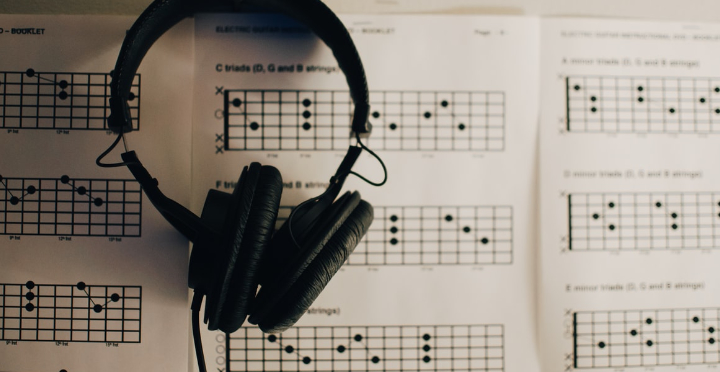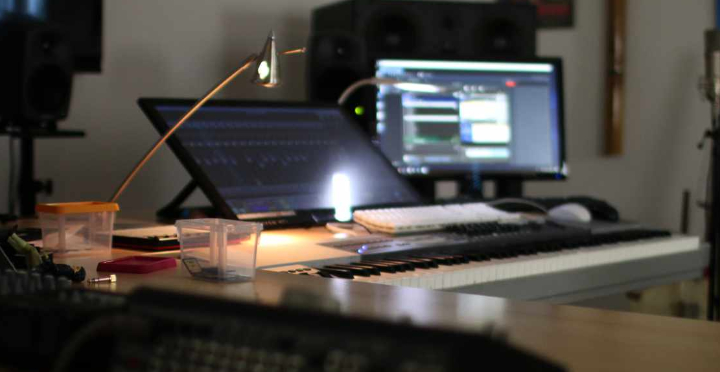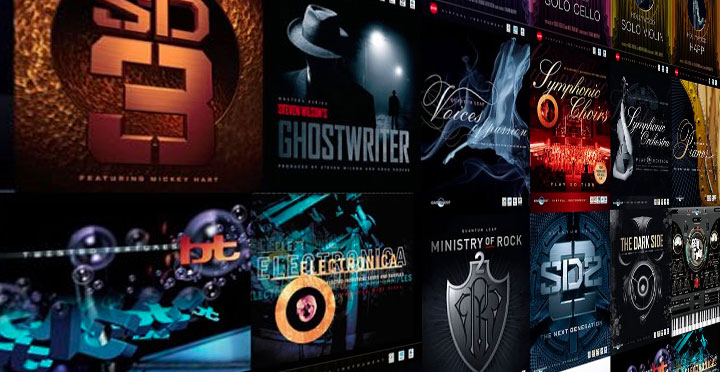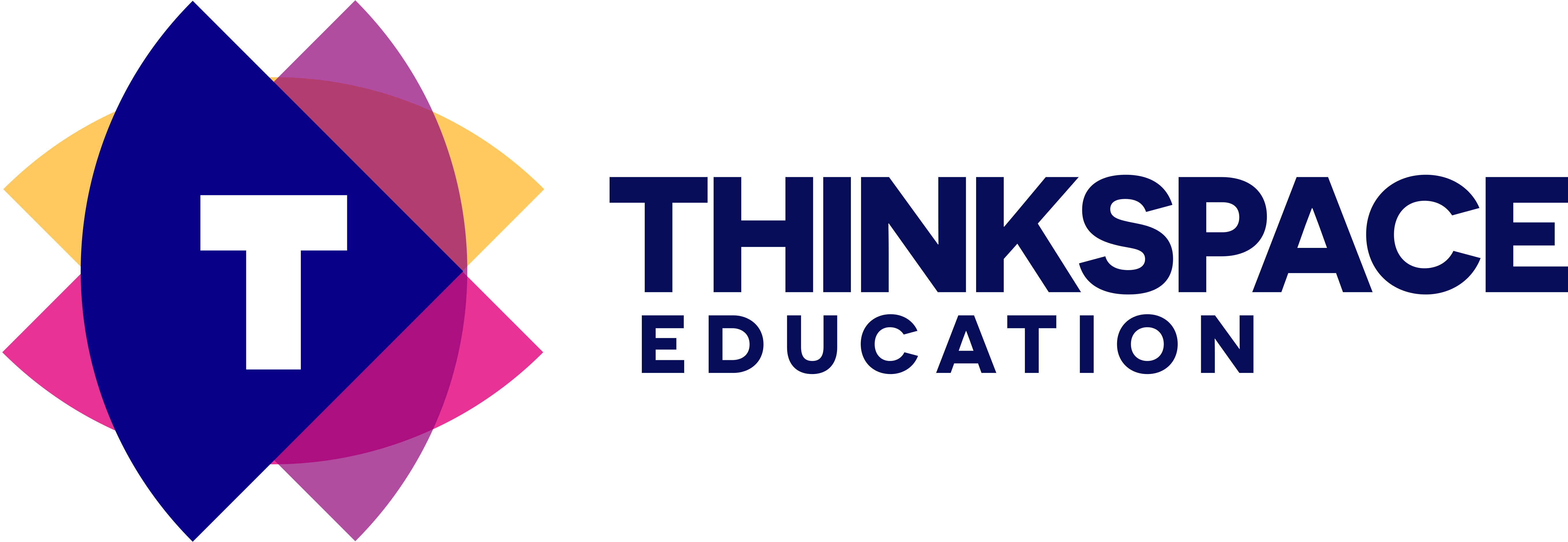Applications
Here is where you can apply for one of our Postgraduate Degree courses. If you're here to apply, then most of what you need to know can be found right on this page. Any course-specific queries can likely be answered by looking at the dedicated course page (see the menu above), but if you still have questions you can contact us directly at postgraduate@thinkspace.ac.uk
We are more than happy to jump on a 1-to-1 call with you to answer any questions you have about our courses and how studying online works, so just let us know if you need help with anything.
NOTE: As of October 2023, we are reworking the application process to make it more intuitive. This page is currently under review so if find any inconsistencies when comparing this information to our Application portal just get in touch via postgraduate@thinkspace.ac.uk to ask any questions
Application Process
ThinkSpace Education’s terms and conditions and relevant policies can be found here. We are committed to a fair and open admissions policy that encourages applicants from the widest range of backgrounds.
Many of you may have come along to an Open Day or taken part in Postgraduate Taster Week. Our Open Days and Taster Weeks are held a few times a year and are a great opportunity for you to learn more about the courses in a hands-on way.
If you haven’t attended one of these events, or spoken to us directly about applying for one of our courses, then we highly recommend you reach out to us first. This gives you the chance to get some input on which course is best suited for you, and if you’re working at the right level to join one of our degrees - so drop us a message!
During the application process we will first ask you to provide only the completed Application Form, Portfolio, and Cover Letter. The other documents and files listed below are required, however we can review your application and offer a conditional place based on those 3 items only.
Each course has slightly different requirements, but the items that are shared across all courses are...
When you are ready to formally start your application, click the 'Start Now' button below. Once you have reached the end of the application form, you are prompted to finish your application by uploading your files. Please read the submission requirements here, and in the application form, carefully and make sure you have submitted everything required at this stage.
If you submit and realise you missed something, you can contact us at postgraduate@thinkspace.ac.uk - we can manually amend your application from there.
We aim to get back to all applicants within 1 month. If you apply closer to the application deadline we are usually quicker to respond as we have all hands on deck but do not let that discourage you from applying early. We are happy to receive applications any time of the year.
If you do not hear back from us within 1 month, or if it's approaching an application deadline and you're concerned, contact us at postgraduate@thinkspace.ac.uk. We are a relatively small team and we may simply be a bit behind schedule, but it's always worth dropping us an email to make sure we received your application.
Interested? Get Started Today
Portfolio Requirements
If you're unsure if your music is suitable, just reach out and we can take a listen!
Application Task
Read below for the briefs for each course, and submit the required tasks alongside your application.
Additional Information
Read the information that applies to you below but if you have any additional questions just reach out.















